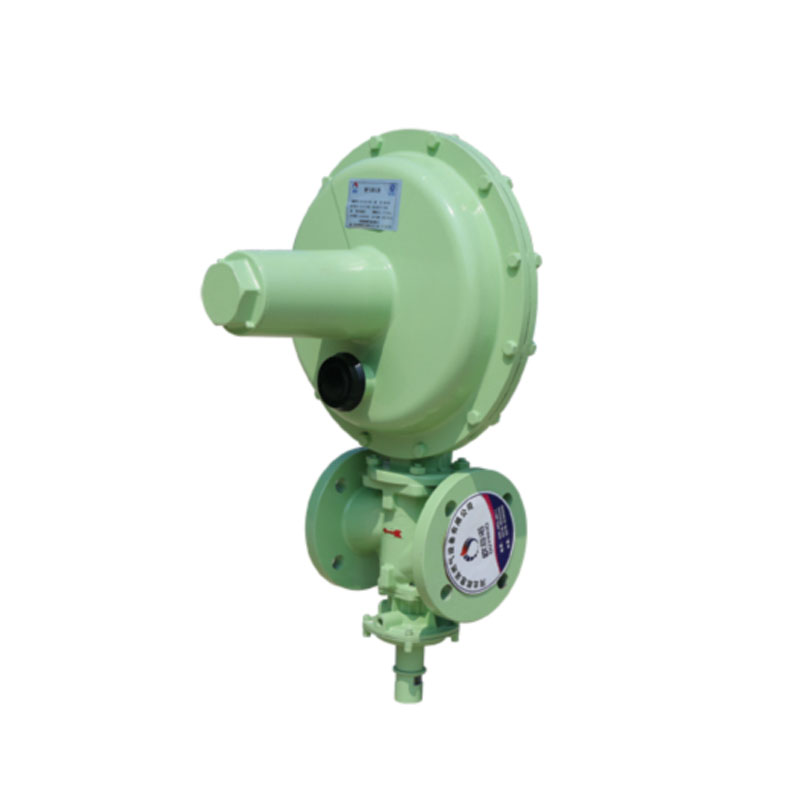
Oct . 21, 2024 06:04
Back to list
Closure Valve Mechanisms and Their Applications in Fluid Control Systems
The Importance of Shut-Off Valves in Industrial Systems
In the realm of industrial processes, the integrity and safety of fluid systems are paramount. One of the critical components that contribute to these aspects is the shut-off valve. Shut-off valves play a crucial role in controlling the flow of liquids or gases in pipelines, ensuring that operations run smoothly and safely. This article will delve into the functionality, types, and significance of shut-off valves in various applications.
What is a Shut-Off Valve?
A shut-off valve is a mechanical device that allows, restricts, or stops the flow of a fluid. It is an essential control component in a wide range of applications, including water supply systems, industrial machinery, oil and gas processing, and HVAC systems. By providing a means to isolate sections of a system for maintenance or emergencies, these valves help maintain overall operational efficiency and safety.
Types of Shut-Off Valves
There are several types of shut-off valves, each with its unique design and appropriate use cases. The most common varieties include
.
2. Ball Valves Featuring a spherical disc that controls the flow, ball valves are known for their durability and perfect sealing capabilities. They offer quick shutting action and are ideal for applications requiring tight sealing.
صمام الإغلاق

3. Globe Valves These valves are designed for regulating flow rather than just stopping it. The internal structure allows for higher pressure drops than gate valves, making them suitable for applications where flow control is necessary.
4. Butterfly Valves Characterized by a circular disc that rotates around an axis, butterfly valves are used for regulating and isolating flow. They are especially valued in large pipelines due to their compact design and quick operation.
5. Check Valves While not traditional shut-off valves, check valves play a crucial role in preventing backflow in systems, thereby complementing the function of shut-off valves.
Significance in Safety and Efficiency
The implementation of shut-off valves in industrial systems enhances safety and operational efficiency. In case of a leak or malfunction, these valves can quickly isolate the affected section of the system, minimizing the risk of accidents and environmental hazards. This ability to quickly address issues is critical in industries such as oil and gas, where the consequences of a failure can be catastrophic.
Moreover, shut-off valves help in maintaining system efficiency. By controlling the flow of fluids, they allow processes to operate under optimal conditions, reducing waste and preventing overexertion of pumps and machinery. This efficient management of resources has both financial and environmental benefits, contributing to sustainable industrial practices.
Conclusion
Shut-off valves are indispensable components in many industrial and residential applications. Their ability to control fluid flow effectively contributes to system safety, operational efficiency, and resource conservation. Understanding the different types of shut-off valves and their applications can aid engineers and operators in selecting the right option for their specific needs. As industries continue to evolve towards safer and more efficient practices, the importance of reliable shut-off valves remains unwavering. Investing in quality shut-off valves and regular maintenance can ensure their optimal performance, ultimately safeguarding both the systems they manage and the environment in which we live.
Latest news
-
Safety Valve Spring-Loaded Design Overpressure ProtectionNewsJul.25,2025
-
Precision Voltage Regulator AC5 Accuracy Grade PerformanceNewsJul.25,2025
-
Natural Gas Pressure Regulating Skid Industrial Pipeline ApplicationsNewsJul.25,2025
-
Natural Gas Filter Stainless Steel Mesh Element DesignNewsJul.25,2025
-
Gas Pressure Regulator Valve Direct-Acting Spring-Loaded DesignNewsJul.25,2025
-
Decompression Equipment Multi-Stage Heat Exchange System DesignNewsJul.25,2025

